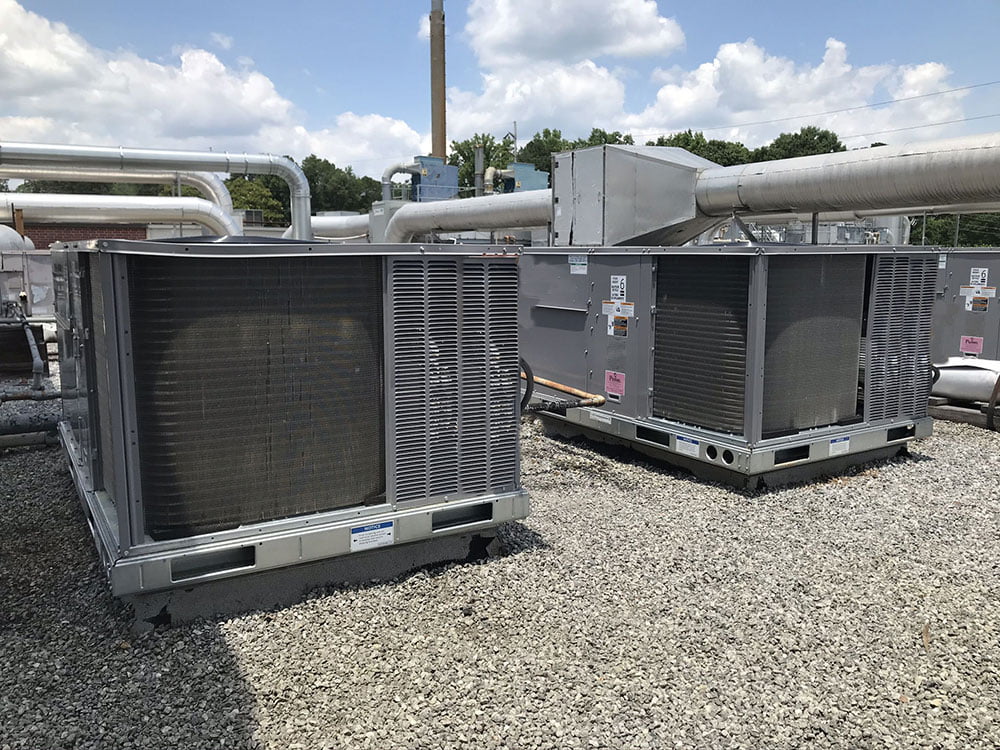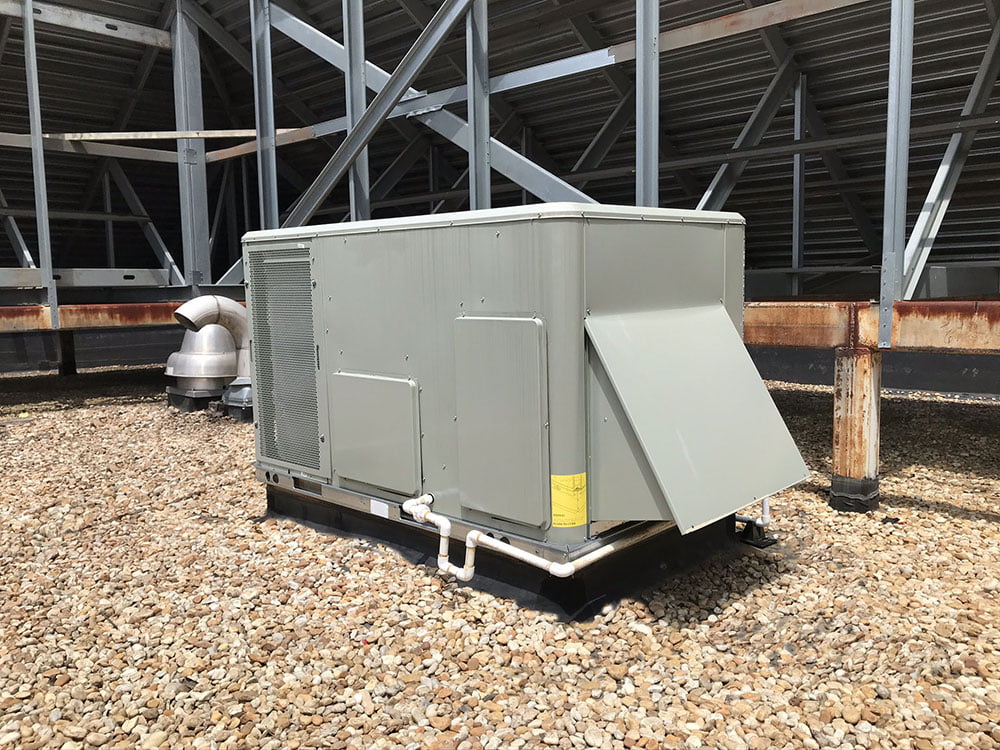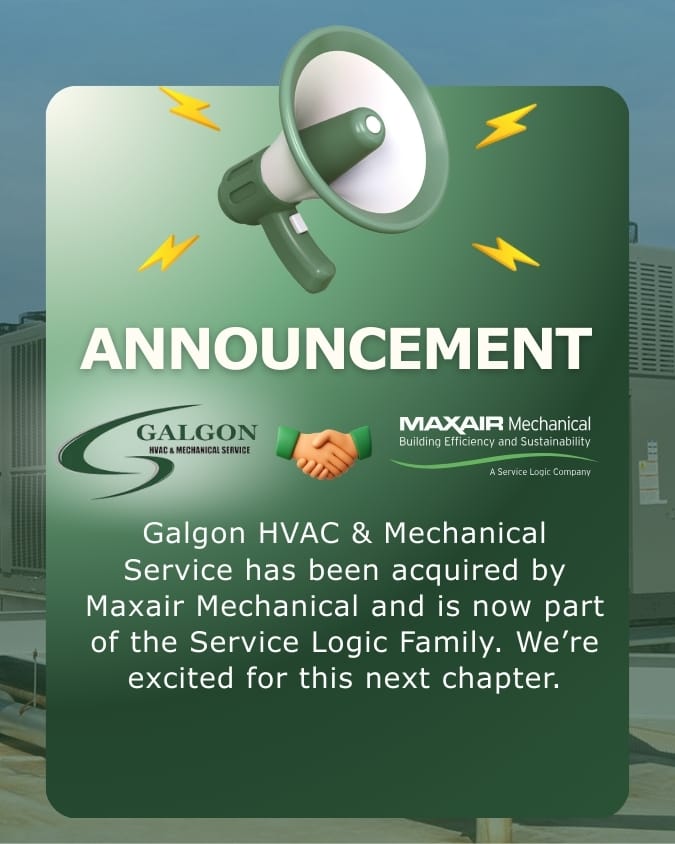HVAC for Food Processing Plants
Atlanta GA
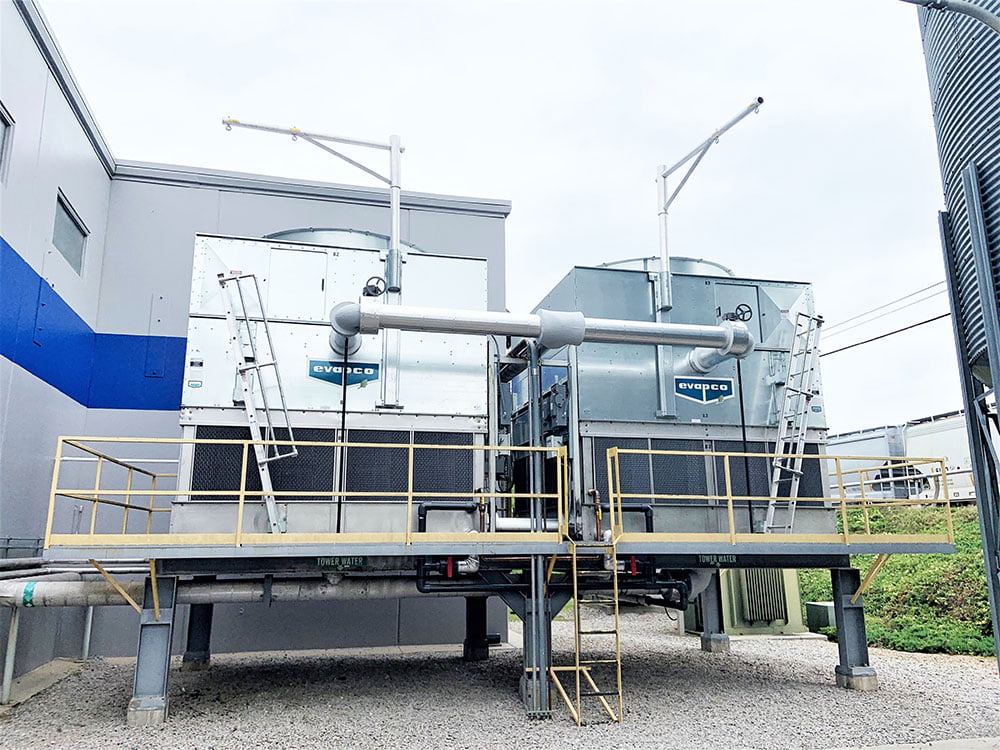
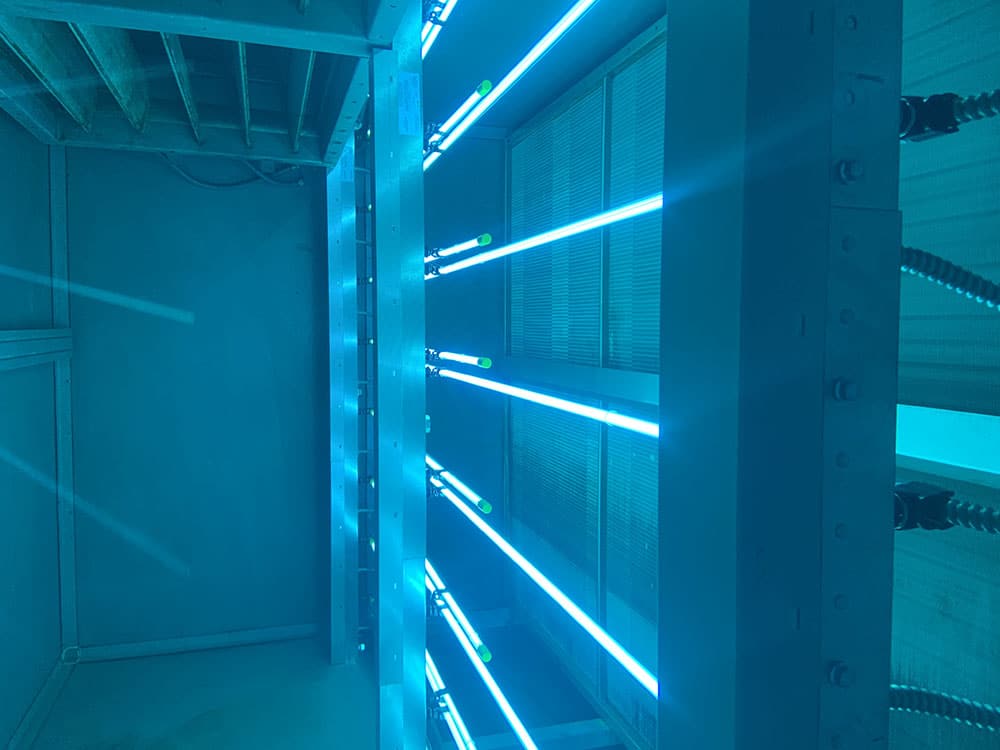
HVAC for Food Processing Plants
Following guidelines and employing the services of skilled professionals for HVAC (heating, ventilation, air conditioning) are extremely important when it comes to food service. Considering all of the potential dangers associated with the commercial food industry makes these services incredibly necessary. Here we’ll discuss just a few of the most common culinary establishments and what they require in terms of ventilation and filtration systems. Restaurants, pubs and cafeterias process foods in even greater varieties than grocery markets do on a daily basis so it’s very possible that what you’re looking for may be something that has very little to do with other facilities like yours.
The heating, ventilation, and air conditioning (HVAC) unit of your commercial space essentially acts as an automatic mechanical thermostat. When conditions are not favorable for human survival or the survival of foodstuff, it kicks in to alter temperature levels allowing maximum energy efficiency and comfort. Additionally, the HVAC system a building uses plays a key role in maintaining ideal indoor air hygiene. If you are looking for certified technicians with experience to help you maintain safe, sanitary conditions through proper HVAC maintenance, then you should call Galgon right away!
For Food Safety, HVAC Ventilation is Essential
Keeping processing rooms and the HVAC system within your food production plant clean and properly cooled is a critical requirement for food production. Keeping them clean will eliminate airborne pathogens, allergens, and other potentially harmful components that may come about as a result of poor maintenance or not keeping the system under optimal temperatures which would reduce the growth of bacteria.
Airflow and filtration are also important; perhaps even more so because research has shown that transmission of germs through the air is one of the most common ways in which microorganisms spread. The US Food and Drug Administration (FDA) states that airborne contamination is the leading suspect in the spread of pathogenic illness. Poorly filtered air, and inadequate ventilation have both been directly linked to contamination events. So it’s imperative that your ventilation system be absolutely airtight, not just in your general work areas but especially within your ductwork and air handling systems, so you don’t lose conditioned air along with heating or cooling energy as part of distributing fresh air to each room! We also recommend installing filters with a minimum efficiency reporting value (MERV rating) of 13 on your supply side for optimum efficiency.
HVAC Ventilation is Important for Food Quality
Air flow is a big concern when it comes to the cleanliness of an environment where food processing and packaging occurs. When dealing with airborne bacteria, you’ll want to make sure there is plenty of adequate ventilation in your facility, as well as proper filtration systems in place that help get rid of bad odors — particulate as well as volatile. The importance of sufficient air changes depends on what type of product you produce and the health risks associated with it; however to be safe, a minimum of 15-20 air changes per hour may suffice for most food products.
Periodic measurement and inspection of your HVAC system is integral to maintaining the optimal level of air quality within any given space or facility. Only by allowing professionals such as Galgon HVAC to go through the process of monitoring conditions, over time, are we able to always be prepared for whatever emergencies may arise.
Get Galgon HVAC Services for Your Food Processing Plant
If you’re interested in learning more about our services for food plants in Atlanta, or if you’re ready to schedule a maintenance check for your current HVAC system, please contact us today at 404-352-1500.
